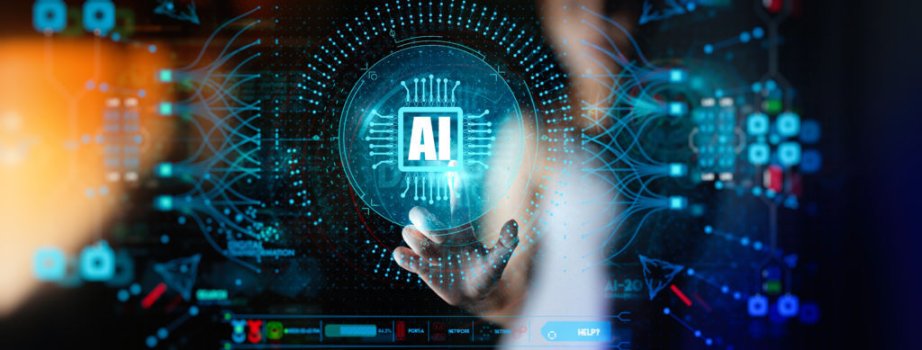Artificial Intelligence (AI) is impacting jobs across all strata of business and IT.
AI is being incorporated into customer relationship management (CRM), enterprise resource planning (ERP), business intelligence (BI), analytics, cybersecurity, marketing, sales, management, and more.
Here are five major trends in AI jobs the market is seeing:
1. AI Shifts All Roles
AI is shifting all other roles or at least a great many of them
“There isn’t a shift in AI jobs as much as AI is causing a shift in other roles,” said Patrick Conte, chief commercial officer at Opsani.
Conte gave the example of cloud application optimization, where AI is allowing DevOps engineers to focus on development and testing and not as much on the size of workloads.
AI can find the right size, or the service-level objectives, of an application, where a DevOps engineer or team might just request a large footprint that will hold the app, without worrying about over-provisioning and overspending. In this case, AI and its branch technology machine learning (ML) can suggest with high accuracy the size of the workload (CPU, memory, replicas, etc.) and allow the DevOps team to build, test, and send the workload to the site reliability engineering (SRE) team.
Continue reading: https://www.datamation.com/careers/ai-job-trends/
AI is being incorporated into customer relationship management (CRM), enterprise resource planning (ERP), business intelligence (BI), analytics, cybersecurity, marketing, sales, management, and more.
Here are five major trends in AI jobs the market is seeing:
1. AI Shifts All Roles
AI is shifting all other roles or at least a great many of them
“There isn’t a shift in AI jobs as much as AI is causing a shift in other roles,” said Patrick Conte, chief commercial officer at Opsani.
Conte gave the example of cloud application optimization, where AI is allowing DevOps engineers to focus on development and testing and not as much on the size of workloads.
AI can find the right size, or the service-level objectives, of an application, where a DevOps engineer or team might just request a large footprint that will hold the app, without worrying about over-provisioning and overspending. In this case, AI and its branch technology machine learning (ML) can suggest with high accuracy the size of the workload (CPU, memory, replicas, etc.) and allow the DevOps team to build, test, and send the workload to the site reliability engineering (SRE) team.
Continue reading: https://www.datamation.com/careers/ai-job-trends/

